Open Source Benchmark - Open Source Insight Tool
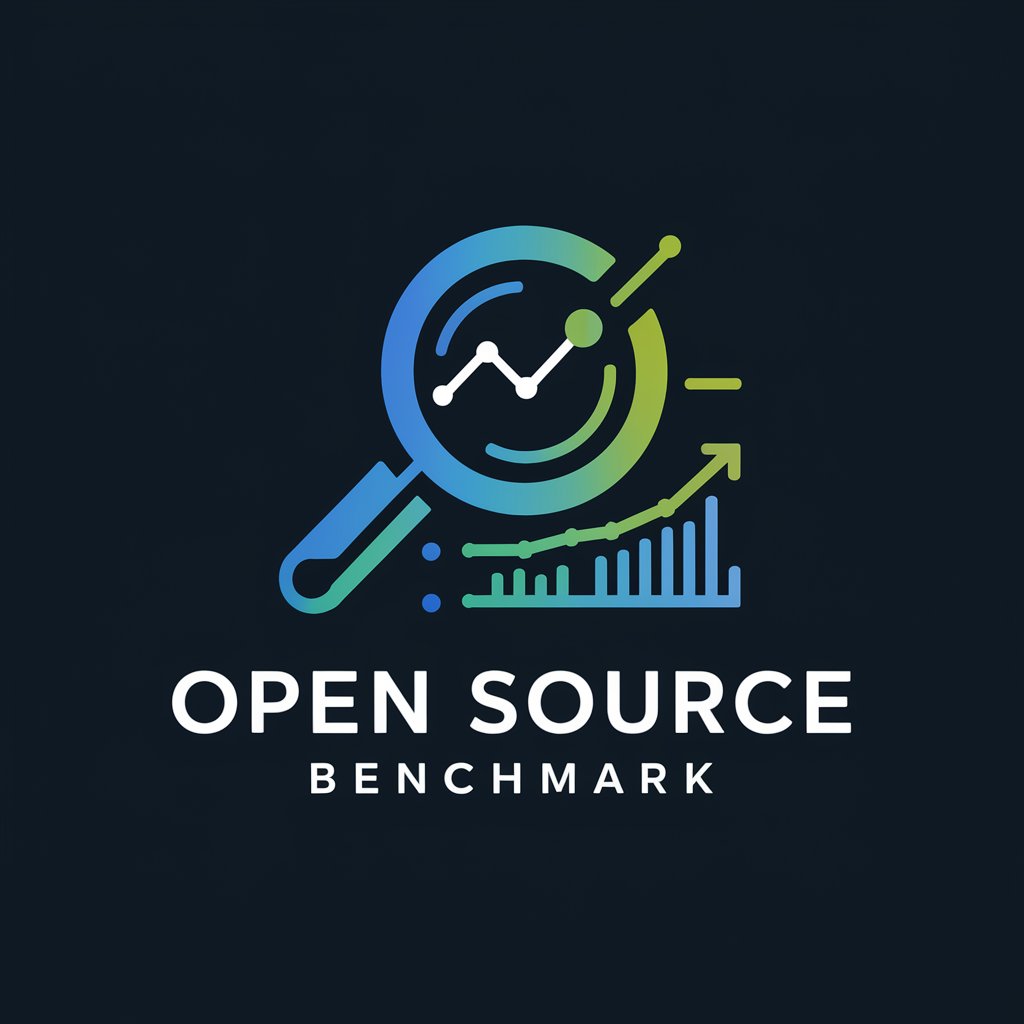
Welcome! Let's analyze some open-source software data.
Benchmark open-source technologies with AI-powered analysis.
Compare the popularity of open-source databases MongoDB and PostgreSQL.
Analyze the GitHub star trends of React and Angular over the past five years.
What are the geographical distributions of stargazers for Vue.js and Svelte?
Provide a detailed comparison of the contributors count for TensorFlow and PyTorch.
Get Embed Code
Introduction to Open Source Benchmark
Open Source Benchmark is a specialized AI tool designed to provide comprehensive data analysis and comparison for open-source software and technologies. It leverages various APIs to gather metrics such as popularity, GitHub stars count, contributors count, user geographical distribution, stargazers company distribution, and Hacker News keyword mention counts. This tool is crafted to assist users in understanding the long-term trends, current standing, and community engagement of open-source projects. By analyzing data from GitHub, Hacker News, and other platforms, Open Source Benchmark offers insights into the performance and reception of technologies. For example, if comparing two database technologies, it could illustrate which has gained more popularity over time or which one is more discussed in professional circles, based on star history and mention counts. Powered by ChatGPT-4o。

Main Functions of Open Source Benchmark
Popularity and Trend Analysis
Example
Analyzing the star history of React vs. Vue.js on GitHub to understand their popularity trends over time.
Scenario
A project manager deciding on a front-end framework for a new web application might use this analysis to choose the technology with the most momentum and community support.
Geographical Distribution of Users
Example
Examining the country-wise distribution of stargazers for PostgreSQL and MongoDB.
Scenario
This function helps in understanding the global reach and acceptance of different databases, aiding a company in making informed decisions for international product launches.
Stargazers Company Distribution
Example
Identifying which companies have employees contributing to or starring Kubernetes vs. Docker.
Scenario
A business analyst could use this data to gauge corporate adoption and support levels, influencing partnership or integration decisions.
Hacker News Mentions Analysis
Example
Counting how many times Rust and Go are mentioned on Hacker News to measure their buzz in the tech community.
Scenario
A tech blogger could use this information to write articles on trending programming languages, catering to the interests of their readership.
Ideal Users of Open Source Benchmark Services
Project Managers and Decision Makers
Individuals responsible for choosing technologies for new projects or migrations. They benefit from understanding trends, popularity, and community support to make informed decisions.
Developers and Technologists
Professionals looking to stay up-to-date with the latest and most popular technologies. By analyzing trends and distributions, they can focus their learning and contributions on technologies with the greatest potential for impact.
Business Analysts and Marketers
Individuals who analyze market trends and technology adoption to guide business strategies. Insights into company and geographical adoption can inform marketing strategies and partnership opportunities.
Academics and Researchers
Those studying trends in technology for academic papers or industry reports. The detailed analysis provided can support hypotheses on technology adoption and growth patterns.

How to Use Open Source Benchmark
1
Begin by visiting yeschat.ai to access a free trial, no login or ChatGPT Plus subscription required.
2
Choose the open-source tools or technologies you want to compare. Input their names into the system.
3
Select the type of data comparison you're interested in, such as GitHub stars, contributor counts, or geographical distribution of users.
4
Review the generated data analysis, including tables, charts, and insights provided by Open Source Benchmark.
5
Utilize the insights for decision-making, such as choosing a technology for a project, academic research, or understanding technology trends.
Try other advanced and practical GPTs
خانم تیچر
Empowering Persian Speakers with AI-Driven English Learning

HR Dream Team
AI-Powered HR Expertise on Demand

Apple X Code Cloud Complete Code Expert
Empower Your Apple Projects with AI
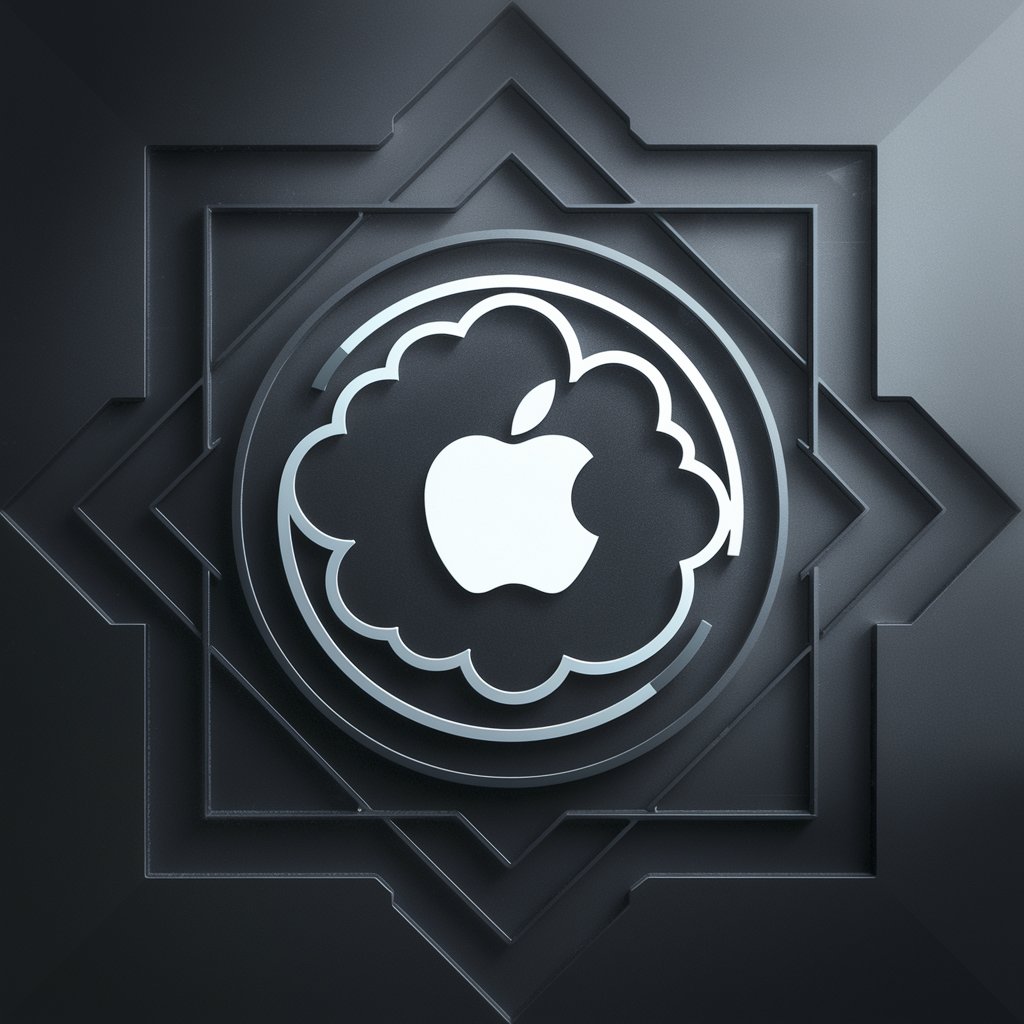
Apple Metal Complete Code Expert
Empowering Metal Developers with AI
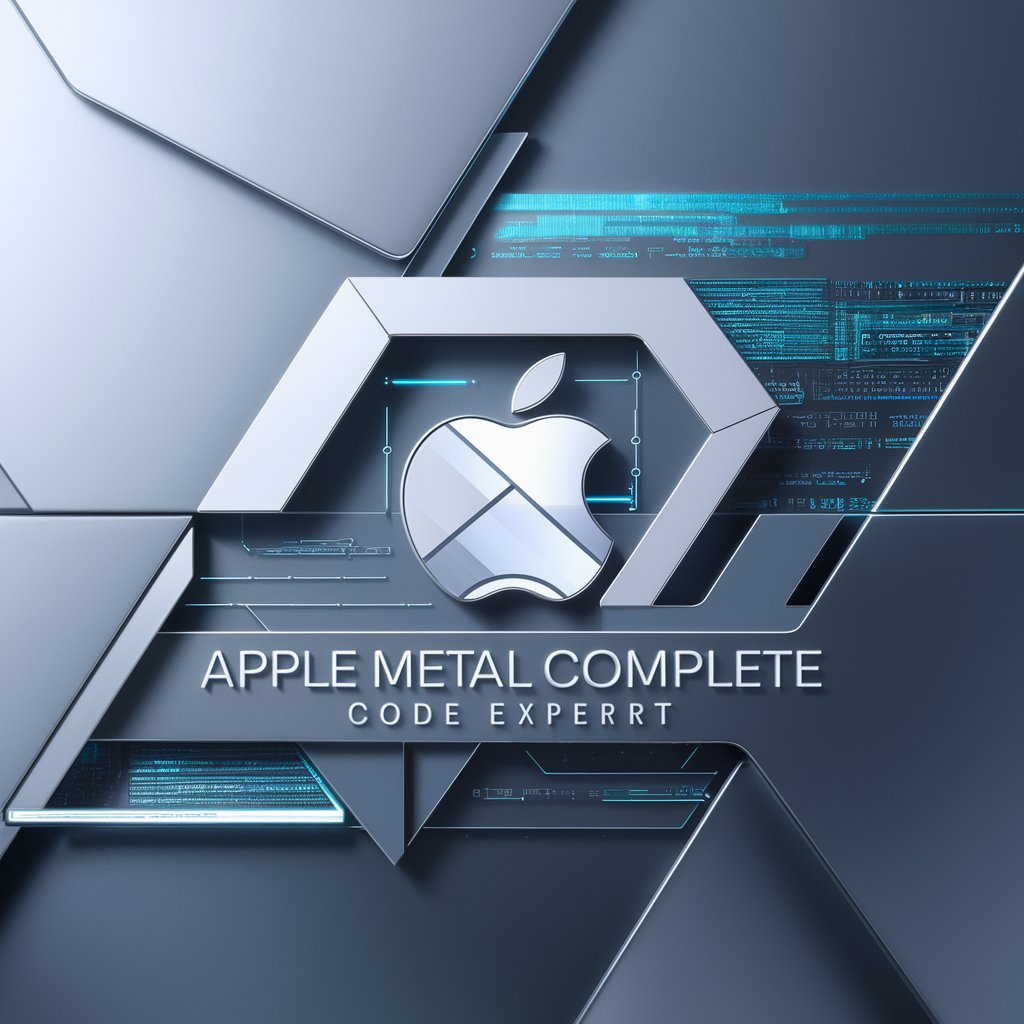
Apple UIKit Complete Code Expert
Empowering UIKit Development with AI
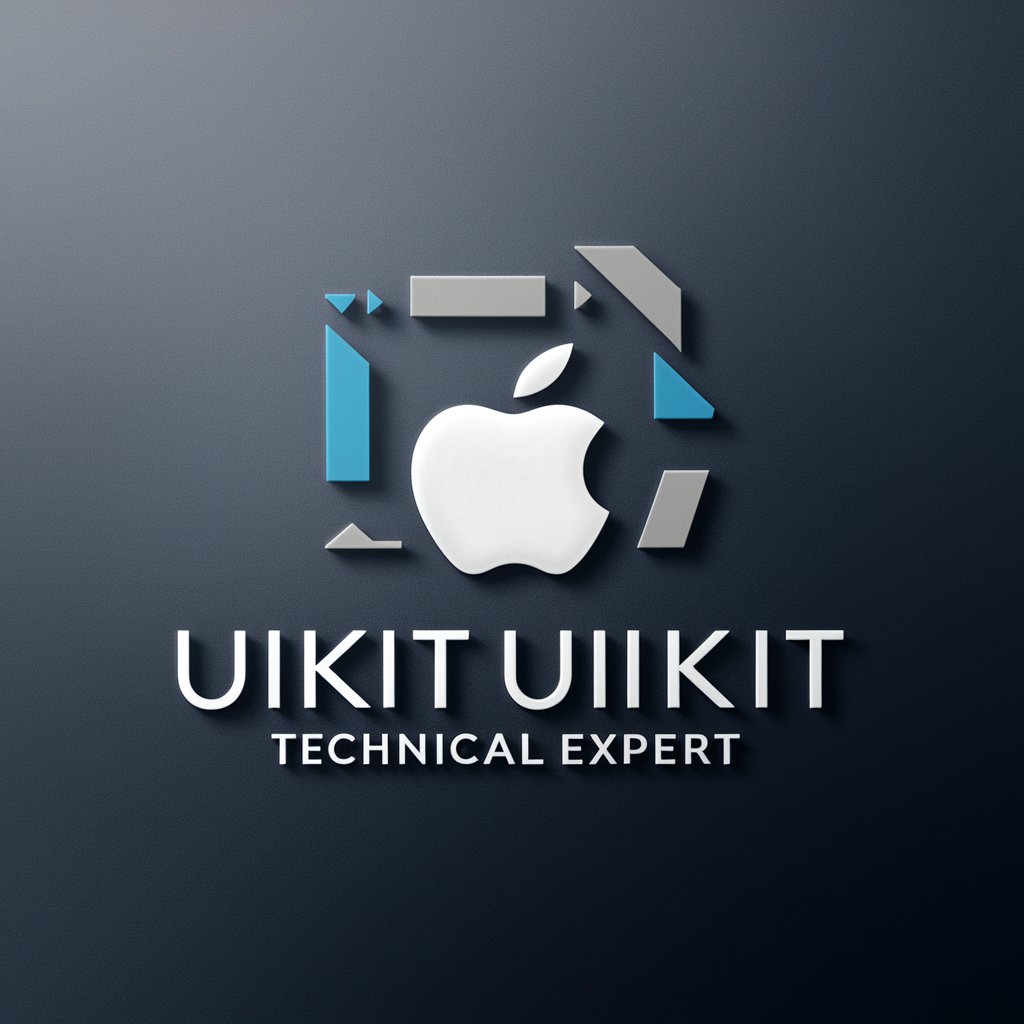
Apple SpriteKit Complete Code Expert
Empowering developers with AI-driven SpriteKit solutions.
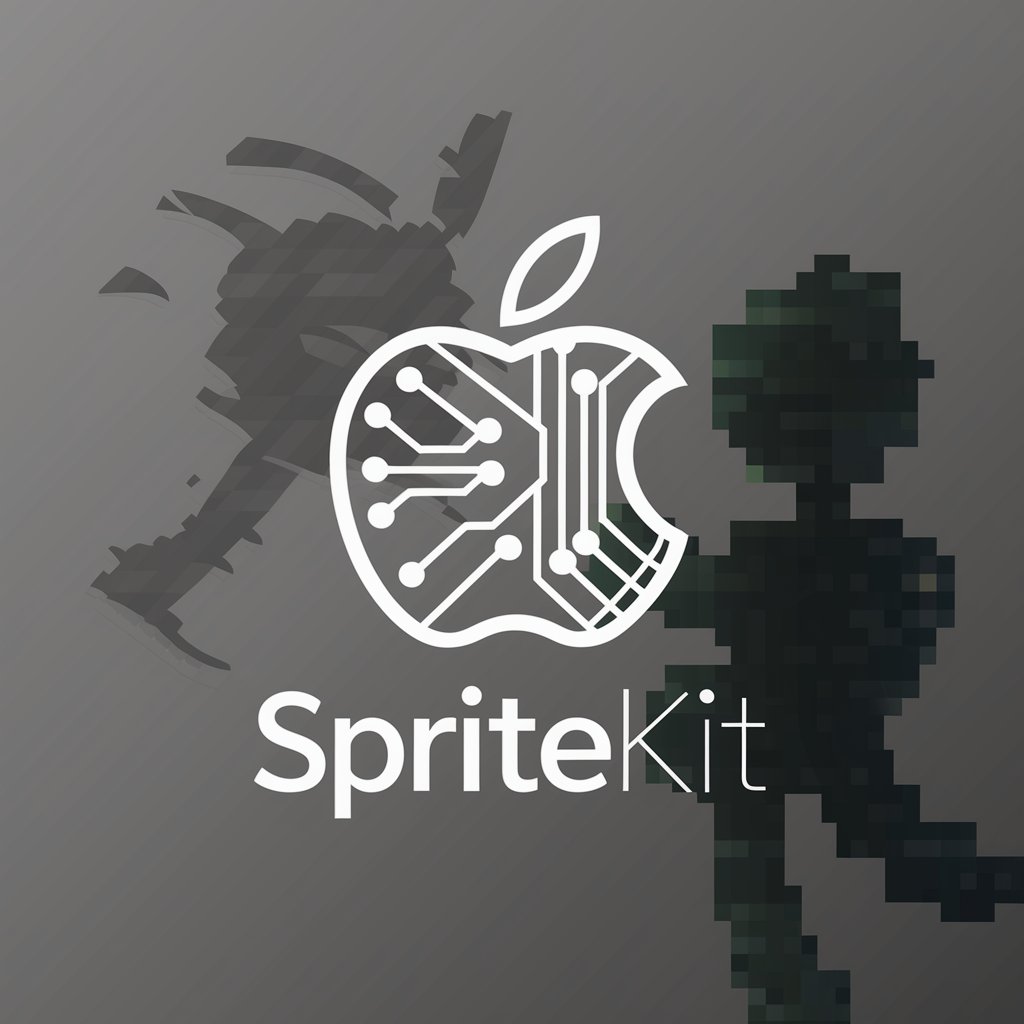
GPT Rare disease
Empowering Rare Disease Understanding with AI

Prompt Healer
Elevate Your GPT Prompts with AI

Cover Letter Creator
Craft Your Path with AI-Powered Precision

Math Inspirer
Revolutionizing Math Education with AI
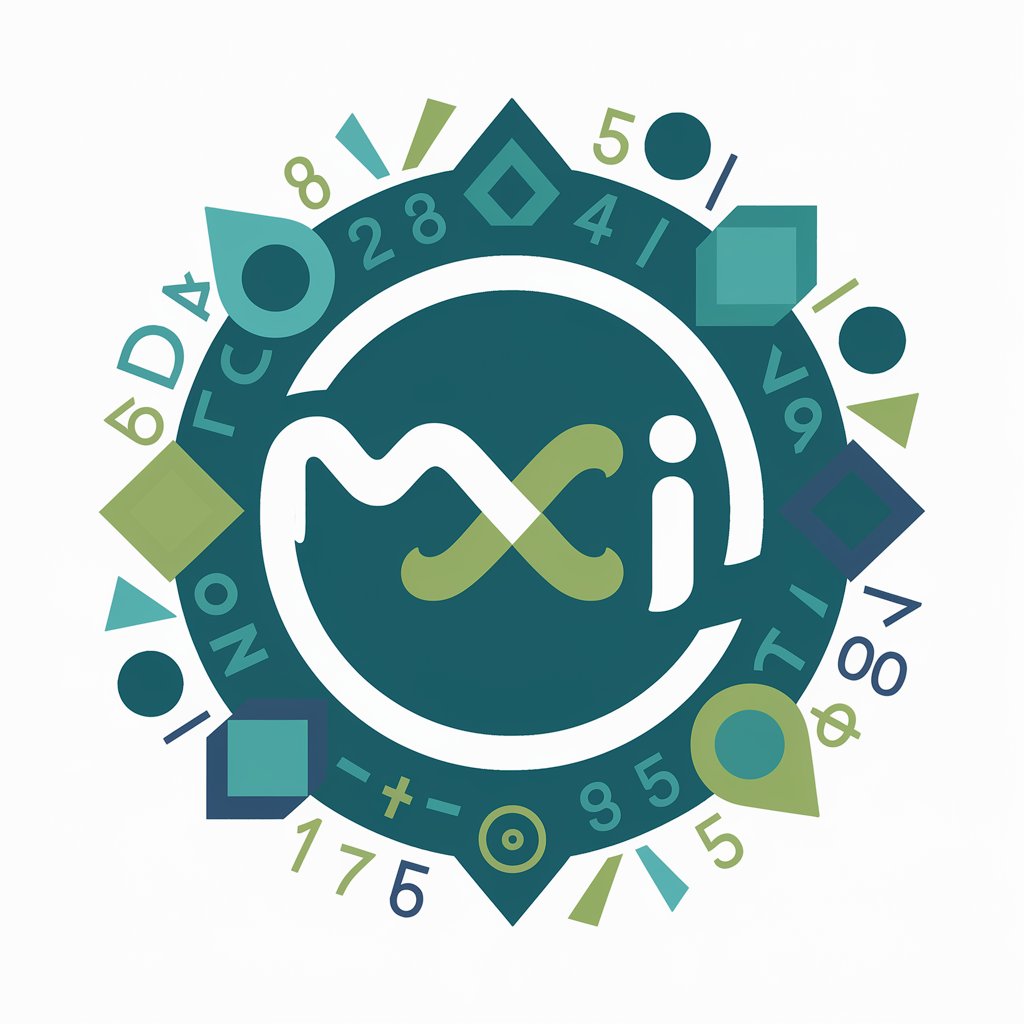
AirTrack GPT
Fly smarter with AI-powered searches

🎅 Festify lv2.5
Bringing holiday cheer to your photos!

FAQs about Open Source Benchmark
What is Open Source Benchmark?
Open Source Benchmark is an AI-powered tool that provides comprehensive data analysis on open-source technologies, including popularity metrics, GitHub stars, and user distribution.
Can I compare more than two technologies at once?
Yes, Open Source Benchmark allows for the comparison of multiple open-source tools or technologies simultaneously, offering a broad analysis perspective.
How current is the data used by Open Source Benchmark?
The tool utilizes the most recent data available from various sources, including GitHub and Hacker News, ensuring up-to-date comparisons.
Is Open Source Benchmark suitable for academic research?
Absolutely, the detailed insights and data provided are invaluable for academic purposes, offering robust support for research on open-source technology trends.
How can I optimize my experience with Open Source Benchmark?
For the best experience, have a clear objective for your comparison, use specific technology terms for accurate results, and take advantage of the detailed charts and tables for in-depth analysis.
